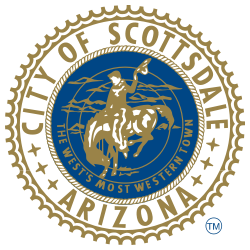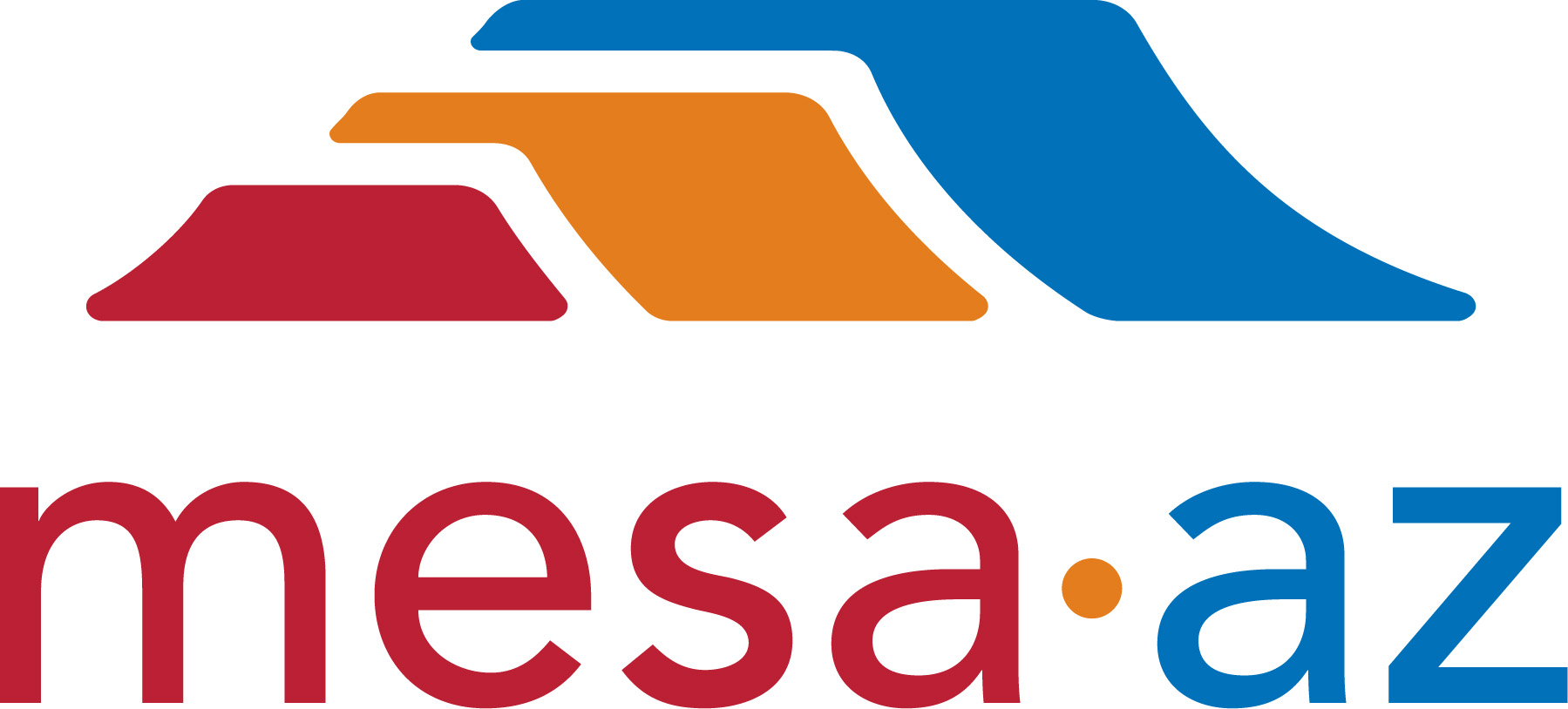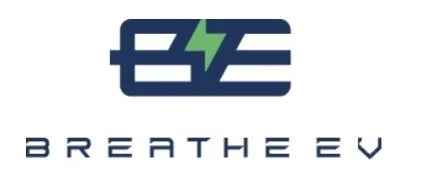The Arizona Department of Transportation (ADOT) released a Request for Proposals (RFP) on October 17, 2025, seeking qualified developers to design, build, operate and maintain Electric Vehicle (EV) charging infrastructure under the National Electric Vehicle Infrastructure (NEVI) Formula Program.
The state has identified 34 locations around Arizona where EV charging stations that meet federal requirements can be installed. A detailed map of potential locations statewide is included in the RFP.
ADOT will procure services that include the design, construction, financing, testing, commissioning, provisioning, operation and maintenance of the EV charging stations, including all electric vehicle supply equipment (EVSE), located at each project site set forth in the RFP.
Prospective proposers are encouraged to subscribe to receive updates by email at azdot.gov/EVPlan or monitor azdot.gov/ev-infrastructure-implementation for ongoing updates.
ADOT will hold a virtual pre-proposal conference the week of November 17, 2025. Further details and meeting links will be posted at azdot.gov/ev-infrastructure-implementation.
Proposals are due on January 16, 2026, at 2:00 pm MST.
ADOT is using an online, web-based platform to receive submittals from proposers. Unless directed otherwise, proposers must submit all questions, notices, proposals and other submissions through the submittal platform. Responses to questions will also be publicly posted.
To register as an interested proposer on the submittal platform, proposers must click on the link below and provide the requested information:
The Arizona EV program is part of the NEVI Formula Program, which will deploy a publicly accessible national network of EV chargers. Over the five years of the NEVI program, Arizona is set to receive $76.5 million to fully deploy the program.
ADOT was required to adhere to strict federal guidance to qualify for the NEVI funding and plan for the upcoming RFP. Preliminary steps included development of an Electric Vehicle Infrastructure Deployment Plan in 2022, and an update in 2023, 2024 and 2025.
ADOT will follow federal and state guidelines for public procurement throughout the process. For general information about ADOT’s EV planning, visit azdot.gov/EVPlan.
Potential proposers may also contact ADOT:
Stephanie Brown, P3 Office Procurement Manager Email:p3office@azdot.gov













